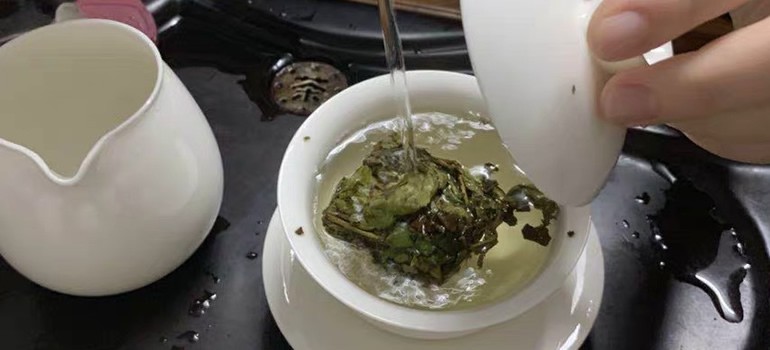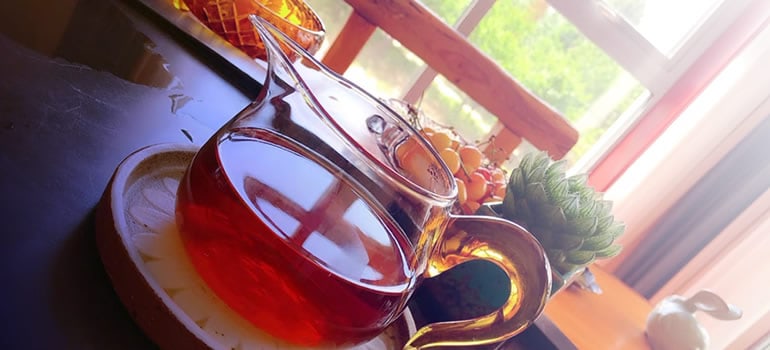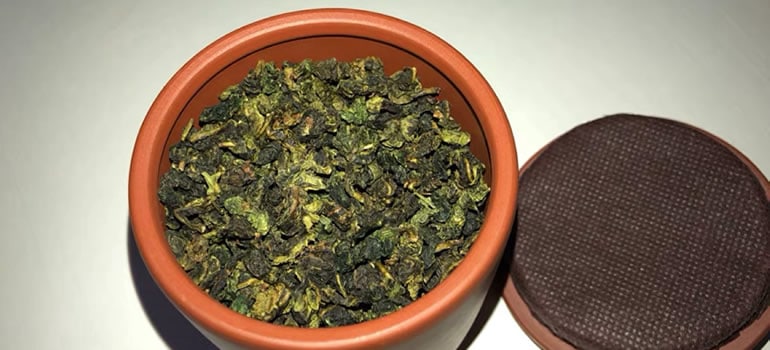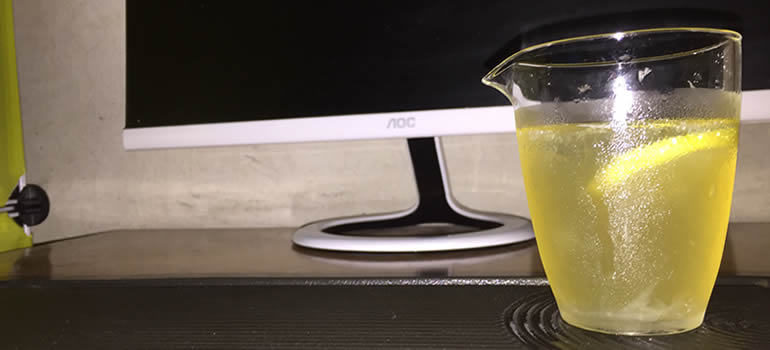The need to hydrate one’s self is a priority, especially after a long day of toil. You must replenish all the lost liquids from your body in order to maintain and continue bodily activities.
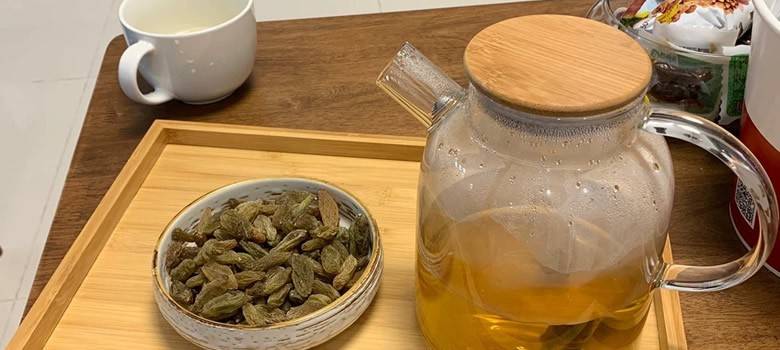
Water is truly essential. However, many tea drinkers may disagree. They would rather drink tea since it consists of additional nutrients that can also help the body. For people like you who may be confused, you will surely be left asking, “Can I drink tea instead of water?”
To cut a long story short, yes. You may drink tea instead of water. Various researches have shown that tea helps rehydrate and quench your thirst like water. But what the latter lacks is its additional health benefits.
Drinking water is essentially just replacing the fluids in your body. This is what nutritionists would say. Tea, on the other hand, would not only replace the fluids but it also consists of antioxidants. These antioxidants would help reduce the damage done to the cells through everyday living.
Health Benefits of Drinking Tea As Oppose to Water
There are a lot of reasons why we need to drink tea instead of water. and that includes its health benefits. Dr. Carrie Ruxton, public health nutritionist at Kings College London, and her colleagues examined the published studies regarding the health effects of consuming tea. In their investigation, they discovered evidence that drinking three or four cups of tea a day can decrease the chances of having a heart attack.
Other studies also suggest that consuming tea on a regular basis can help a person against cancer. Moreover, they discovered that tea helps protect the tooth from having plaques and decays. These benefits and the fact that tea strengthens bones are truly spectacular discoveries that can help us shift into drinking tea more than water.
Water, on the other hand, is also an essential nutrient on our bodies. It helps get rid of wastes through perspiration, urination, and bowel movements. Moreover, it keeps your temperature normal and helps lubricate and cushion the joints. Indeed, water is important. But unlike tea, you do not necessarily have to drink plain water in order to reap its benefits. Studies show that only about 20 percent of one’s everyday fluid needs come from the food they eat. The 80 percent comes primarily from other drinks.
One of which is tea. Hence, there are a lot of calls to start drinking tea — all due to health benefits.
The Antioxidants in Tea
The components of tea make it a healthy alternative to water. Primarily, it includes alkaloids, tea polyphenols, vitamins, carbohydrates, and amino acids, among others. All of these are essential to the body. And all of these are absent in water. Because of such components, drinking tea on a regular basis can help improve digestion, immunity, and reduce blood pressure, among others.
We have just mentioned that one vital component of tea is the alkaloid. Alkaloids are organic compounds that are commonly concentrated in particular parts of a plant including the roots, leaves, and bark. Alkaloids help in the promotion of metabolism in our bodies. Thanks to this substance, there seems to be a diuretic effect of tea that is 1.55 times higher than just water. This allows the body to excrete more fluids than just water.
The other antioxidant that you can predominantly find in tea is flavonoids. Flavonoid is a tea polyphenol that is usually found in plants. As we all know, plants are sources of tea. Flavonoids found in tea help reduce the damage done to the cells through everyday living.
How Much Tea Do You Need
A study shows that drinking one to six cups of tea a day can improve antioxidant intake. Others may be worried that since tea contains caffeine, it may remove water from your system. Actually, a cup of tea actually introduces more water into your body than it actually removes. But it is recommended that you would limit the amount of tea that you drink every day. The National Library of Medicine states that green and black teas have caffeine doses that range between 60 and 100 milligrams per 16 ounces. So you need to limit your tea intake for about five eight-ounce servings of tea per day.
To make things healthier, try to remove the sugars, calories, and fats from your drink. These may have negative impact on your health. Furthermore, try to moderate tea intake in general. There is evidence that tea can obstruct the absorption of iron from food.
How Much Water Do You Need?
While we have been already been discussing the importance of tea, we cannot deny the fact that water is also an essential liquid to drink. You have to replenish the liquid that your body lost through perspiration, urine, breathing, and bowel movements. By doing so, your body can continue to function properly. According to studies, the average man needs about 3.7 liters of fluids per day. The average woman needs to intake about 2.7 liters of fluid per day. These fluids would include water and other water-based beverages. Even food consists of water.
So if you are familiar with the old advice that requires us to drink eight glasses a day, it may be right. But it does not literally mean you will drink from eight glasses. Instead, you derive the fluid from various sources. Including tea, of course.
You should note that your personal water needs may vary each day. It may sometimes depend on your daily activities. Other factors may include your weight, your age, how much exercise you do, and the environment that you are on. Your medical conditions can also affect your fluid needs.
What Counts as Water?
To dispel the notion that there is only one source of water, we will identify here what counts as water. Obviously, our beverages are great sources of water. Our soda, juices, and our teas comprise water. Fruits are also an excellent source of water. While not as water-rich as fruits, even vegetables also provide a nutrient-rich water source. So if you are thinking of any water-only alternative, there are a lot of options to try.
Speaking of tea, myths suggest that tea is dehydrating. But that myth has been debunked already. Actually, the diuretic effect of the tea does not really offset hydration. So it is still good to drink it.
Wrapping Up
Having differentiated the two, I think it is essential to note that the essence of tea is not only water. The antioxidants that come with the tea help improve bodily functions – something that water itself cannot really provide. Just be cautious in terms of adequacy. You do not want to drink too much or you will suffer some repercussions.

